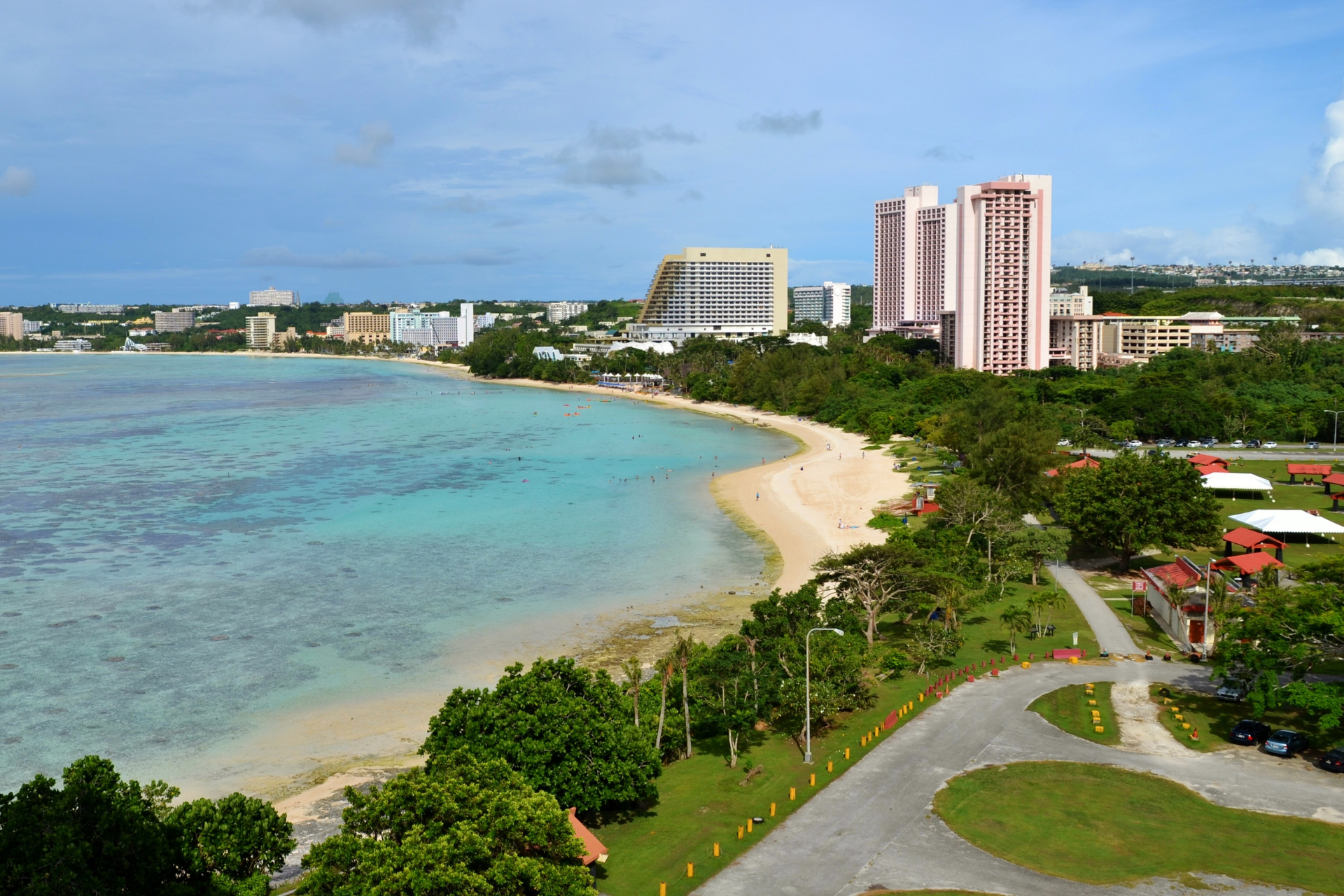By guest contributor Howard Hills
If one believes Mother Jones magazine and Last Week Tonight television program commentaries, the territory of American Samoa is exploited under U.S. imperialist tyranny, evoking the legacy of institutionalized racism in 19th century America.
The commentaries were prompted by a lawsuit generated by a Washington, DC lawyer with a lawyer with an agenda more political than legal. The suit was filed on behalf of five people of Samoan origin seeking to have the Federal courts declare them to be U.S. citizens by virtue of the U.S. Constitution.
There are several problems with the request. The first is that the Constitution only grants citizenship to individuals born in the States, the District of Columbia, and territories that it has been determined will be a permanent part of the country and that will become States.
American Samoa, like Puerto Rico, is a territory that has not been permanently incorporated into the U.S. It can still become a nation.
“Non-incorporated” (or unincorporated) territory status is a status that the U.S. Supreme Court discovered.
Another problem is that Federal law provides that individuals born in American Samoa are U.S. nationals but not citizens, just as it provides that individuals born in Puerto Rico and three other U.S. territories are U.S. citizens (by statute vs. by the Constitution).
The suit is effectively asking for the Federal courts to make American Samoa a permanent part of the U.S.
Doing so with the territory having no prospect of statehood — equality in the nation — would be to condemn it to a permanent colonial arrangement.
Doing so would also be undemocratic. So far, most people who have spoken publicly on the suit in the territory — including elected officials — oppose the lawsuit.
The core issue underlying the suit traces back to the Insular Cases, a line of U.S. Supreme Court rulings emanating from a 1901 case, Downes v. Bidwell. The Court invented the doctrine of territorial non-incorporation, allowing non-citizens to be governed by Congress with broad discretion unrestrained by all but the fundamental rights of the Constitution.
In a 1904 ruling upholding the Downes case, Gonzales v. Williams, the court held that non-citizens in non-incorporated territories were under “national protection” of the United States.
Today, the only U.S. territory where the original non-incorporation and “national but not citizen” status policies under the Insular Cases are still of general application is American Samoa.
From 1900 to 1917 the people of Puerto Rico were in the same status as nationals that American Samoans have today.
In 1917, the Congress decided in wanted Puerto Rico to be bound permanently to the U.S. and so U.S. citizenship was granted to Puerto Ricans. As usual there were lawsuits asking the Federal courts to define the effects and meaning of the change in citizenship for Puerto Rico.
When citizenship was conferred on a previously non-citizen territorial population in Louisiana, Alaska and Hawaii, the Federal courts classified each as an incorporated territory.
But instead of following the Louisiana, Alaska and Hawaii precedents, in 1922 the Supreme Court ruled that citizenship conferred in 1917 by Congress in Puerto Rico did not have any constitutional effect whatsoever. Under the ruling in Balzac v. Puerto Rico, the U.S. could continue to govern U.S. citizens in Puerto Rico without all of the restraints of the Constitution, in the same manner as it governed non-citizens in the non-incorporated territory of the Philippines.
Once the courts and Congress got comfortable with that irrational inconsistency, the Balzac doctrine separating citizenship from the Constitution eventually would be extended to Guam, the Virgin Islands, and the Northern Mariana Islands. Assuming citizenship was always inherently and intrinsically superior to national status, each of those territories embraced citizenship without all benefits under the Constitution.
Today, “national” status is only used for individuals born in American Samoa.
Some perceive it as a lesser political and legal condition than citizenship in the other territories. Yet, it can be argued that American Samoa at least has not been given the devalued currency of “Balzac citizenship” conferred under that 1922 case in all four other territories. American Samoans know where they stand in relation to the U.S. and the Constitution.
American Samoans actually have relied upon their special status to manage relations with the U.S. and Federal government to optimal advantage, while enjoying the ability to travel to the U.S. and internationally with U.S. passports, and become naturalized as U.S. citizens with equal rights in the States.
That “national” status does not satisfy those citizens of Puerto Rico who want full equal benefits of U.S. citizenship in their own homeland, and thus seek statehood, just as U.S. citizens of Hawaii and Alaska did. The less populated territories do not have the statehood choice.
That is why it is paramount that Congress base federal policy on territorial status going forward on self-determination. Reliance on courts to solve political problems can invite more and even worse political problems.



Good knowledge!